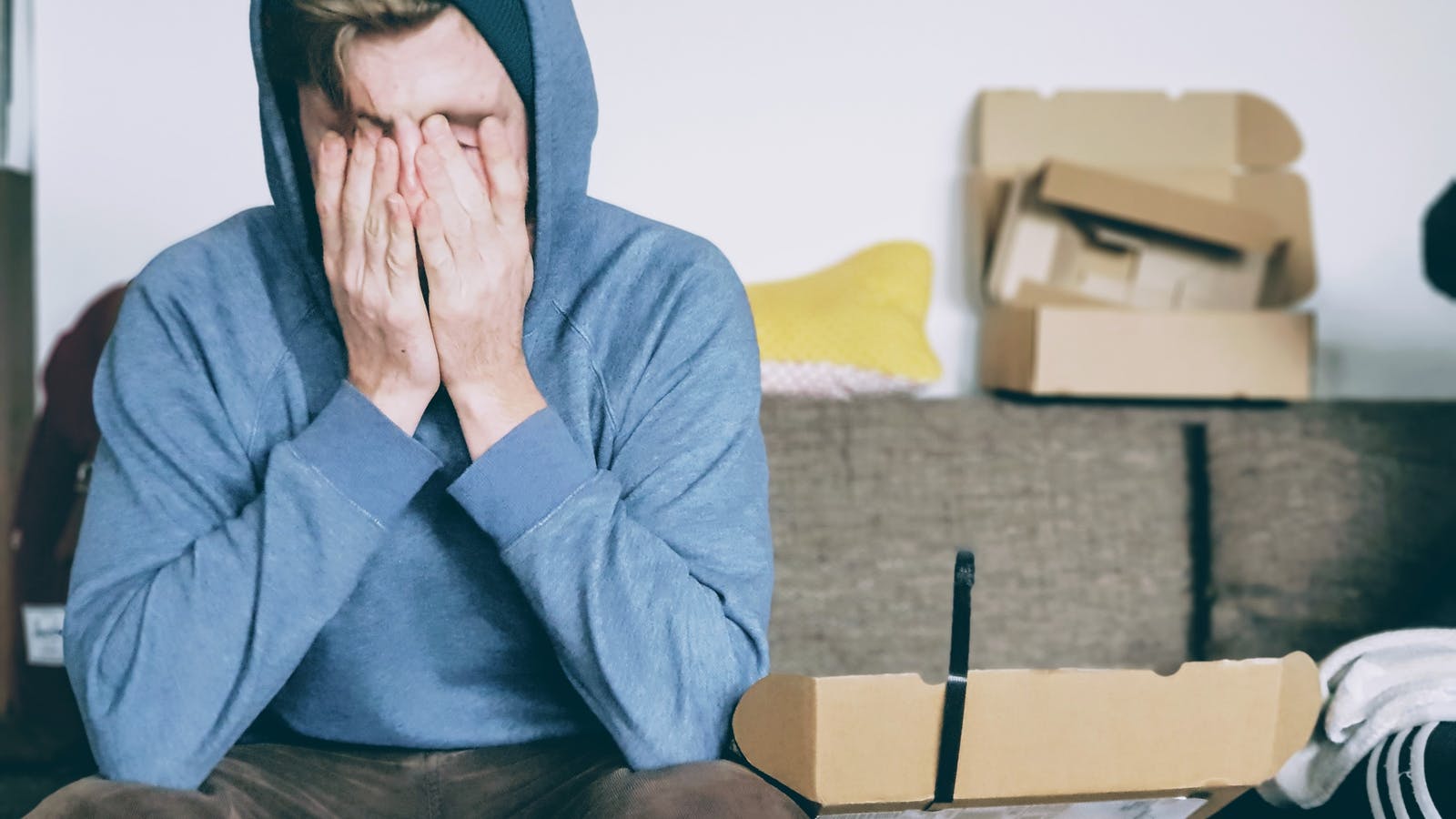Pressure and stress are an integral part of our lives and come from everywhere: from our professional, personal or social lives. All this stress causes significant damage to our bodies and mental well-being and can, in the long term, have really negative effects on our health. According to the survey conducted by OpinionWay in 2017, 9 out of 10 French people say they are stressed regularly. Stress and anxiety are the scourges of our modern society today.
Stress and its impact on our lives
What is stress ?
Stress is a normal reaction of the body to the perception of danger. Originally, it was a positive reaction that physically prepared the body for danger and flight. They are accompanied by a secretion of hormones , cortisol and adrenaline, which promote alertness and which are necessary to face this danger. Vital in prehistoric times, today it is no longer always suitable for all situations.
By concentrating all its energy in managing stress, the body pauses functions deemed non-vital , such as digestion and immunity for example. When manifestations of stress become recurrent or too intense, this is when they become problematic and risk impacting our health. Today, stress affects at least 9 out of 10 French people . And you should know that 55% of French people feel stress every week at work .
What are the triggering factors?
There are several reasons that can cause individuals to feel stressed and energized. The causes are mainly environmental and exogenous. This imbalance can particularly come from their private life (delicate family or financial situation) or their professional environment . Stress affects all categories of the population and all ages, but it is even more striking in the world of work where it has become an unavoidable issue. Two out of three employees today admit to being affected by this illness which sometimes pushes them to leave a job or take sick leave due to burn-out in particular. Goals to achieve, deadlines to meet, work overload...: pressure is created and the body struggles to find the energy necessary to cope. Added to this, the rise of individualism and the thirst for success which negatively impacts our lives and increases pressure.
Its impact on health
As you can imagine, stress is not without consequences on our mental health and well-being. Sleep problems, exhaustion, lower self-esteem, etc. are the many consequences of excess pressure in our lives.
When our body is subjected to a period of high anxiety, it manifests itself in different ways. It results in physical symptoms such as digestive disorders, stomach aches, sleep problems, breathing problems, hormonal imbalances, skin problems, or emotional and mental symptoms such as nervousness, irritability, decline in memorization and attention. These reactions can happen at any age and cause other, even more serious reactions. Indeed, the body becomes extremely exhausted, the immune defenses weaken and certain illnesses appear. Stress can also lead to depression and burnout . Symptoms of burnout can be emotional exhaustion, problems with attention and concentration, headaches, eating disorders, palpitations. You also have the feeling of no longer being effective at work and of never being rested, of being irritable, you constantly worry about your work and you are especially in denial about your overwork.
How to relieve stress sustainably?
This stress, which affects more and more people, is no longer a taboo and is now recognized as a real evil in society. However, the solutions to deal with it are not always obvious. So after a year of confinement, curfews and declining morale, here are some tips and tricks to combat this daily stress.
To start, you need to become aware of your stress . Sometimes it is so well installed that you no longer realize it. Once you realize that stress is an integral part of your life, it's time to change your lifestyle habits and implement relaxing rituals to free yourself from negative thoughts and clear your head.
It is essential to learn to relax in order to reduce muscular and mental tension, heart rate and thus manage to channel this stress which captures all your energy. There are different activities that help you relax, such as deep breathing exercises , meditation, yoga and tai chi . These relaxation practices are all very effective, the key is to find the one that suits you best to allow you to combat stress quickly and sustainably. Meditation and yoga can significantly improve your mental health by inviting you to refocus on yourself. You can also do deep breathing movements to combat stress and anxiety and release accumulated tension in your body. It is important to follow these exercises for a few minutes a day to see results.
You can also integrate sport into your daily routine . Physical exercises are generally done to tone the body but you can also use them to relieve stress. Indeed, it is a tool that contributes to better management of stress and anxiety. The objective is to let off steam as much as possible in order to relieve tension and evacuate the substances released by the body due to stress. You can find partners with whom you can practice your sports activities to motivate you more, whether it's walking, running, cycling or dancing.
When it comes to eating, stress can also be harmful since it can unbalance us to the point of making us forget meal times. The problem is that in a stressful environment, the body needs strength so that fatigue does not impact well-being. It is therefore essential to eat correctly, in a healthy and balanced way despite stress and anxiety. In addition, adopting a balanced diet can very quickly soothe the mind, in particular thanks to foods rich in magnesium and potassium which will help you keep control over your emotions as well as the antioxidants contained in fruits and vegetables which will help you to combat stress.
When stress builds up and starts to take over you, prepare yourself a tea or infusion . Green tea, for example, has soothing properties: it helps stabilize blood pressure and act on the heart rate.
Finally, breathing essential oils is one of the useful ways to combat stress and anxiety. Applied to the temples, wrists, clothing or sprayed in the air depending on the essential oil chosen, they can act very quickly on the nervous system and thus allow psychological and emotional relaxation.
A little help
Phytotherapy is an alternative medicine that can be very effective against disorders related to stress or anxiety. So to help you relieve stress sustainably and fight against nervous fatigue, we have formulated Stress Gummies , food supplements in the form of small chewing gums based on green tea, holy basil, and essential oil of 'orange. Green tea is particularly rich in theanine, an amino acid which acts on several neurotransmitters. It acts in particular on dopamine, the hormone of pleasure and good humor, as well as on GABA which inhibits certain brain mechanisms, thus providing a feeling of calm and relief. Holy basil is an adaptogenic plant that helps the body maintain resistance to stress by acting on the nervous system. Finally, orange essential oil is known to promote relaxation thanks to its sweet smell and its richness in limonene. This active substance will provide an immediate calming and soothing effect.
Developed in France, Stress Gummies are your new relaxation ally. Made up of 97.8% ingredients of natural origin , they are suitable for all diets (gluten-free, lactose-free and vegan). Small bonus for their good orange taste and their low sugar content . Each sachet contains 60 gummies , a 30-day, renewable cure. It is recommended to take 2 gummies per day , as needed, preferably in the morning. This is the most suitable quantity to provide you with effectiveness without any risk of overdose. Our treatments have been formulated so that they can be combined with each other. You can therefore combine your personalized treatment with Stress Gummies or even Sleep Gummies and Stress Gummies without any problem. These cures are complementary and their benefits match 100%.

